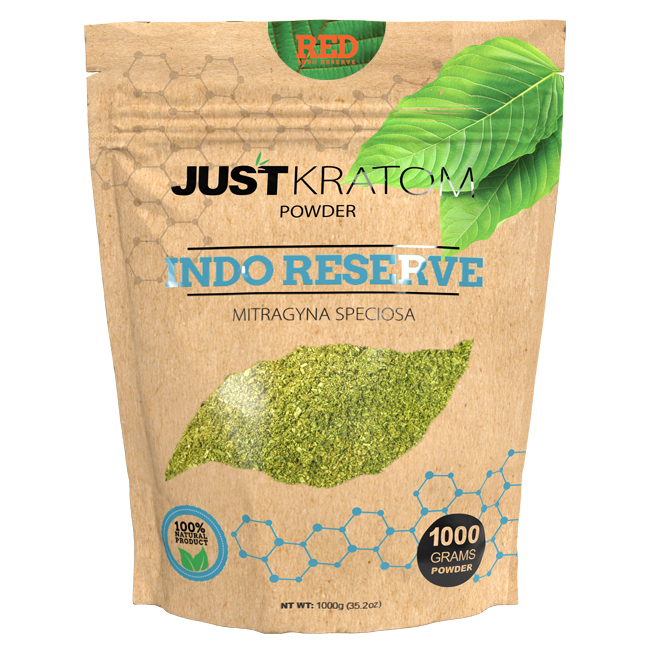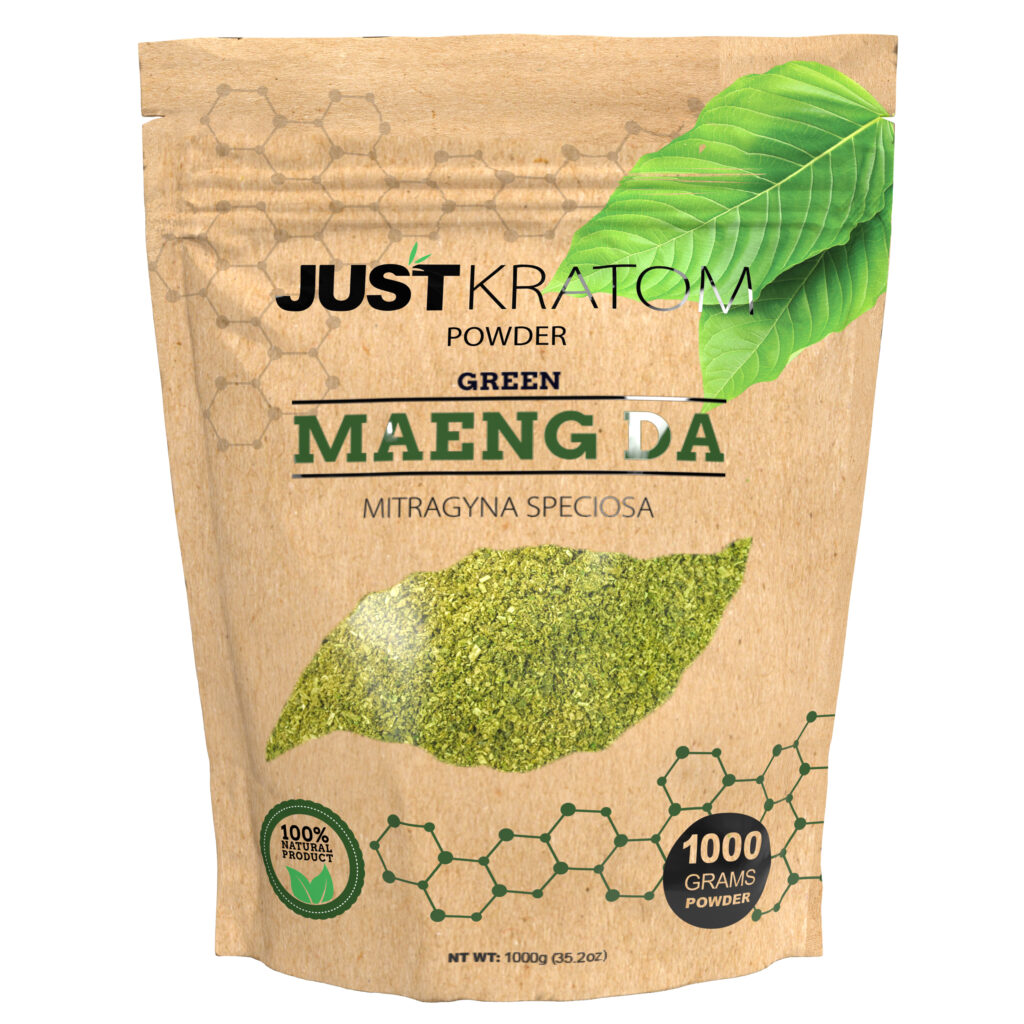Potential Benefits of Kratom for Inflammation
Inflammation, a natural response to injury or infection, can lead to discomfort and pain. While there are numerous medications available to address inflammation, some individuals seek alternative options like kratom. Kratom, a plant native to Southeast Asia, contains compounds that may possess anti-inflammatory properties.
Mechanism of Action
Kratom has gained attention for its potential therapeutic benefits, including its possible role in managing inflammation.
The plant’s leaves contain alkaloids, primarily mitragynine and 7-hydroxymitragynine, which are thought to interact with opioid receptors in the brain and body.
- These interactions may contribute to pain relief and a reduction in inflammatory responses.
- Additionally, kratom alkaloids might modulate other signaling pathways involved in inflammation, such as the COX-2 pathway, further supporting its anti-inflammatory effects.
It’s important to note that research on kratom’s anti-inflammatory effects is still limited and more studies are needed to fully understand its mechanisms and potential therapeutic applications.
Scientific Studies on Kratom and Inflammation
Inflammation, a natural response to injury or infection, can lead to discomfort and pain. While there are numerous medications available to address inflammation, some individuals seek alternative options like kratom. Kratom, a plant native to Southeast Asia, contains compounds that may possess anti-inflammatory properties.
Kratom has gained attention for its potential therapeutic benefits, including its possible role in managing inflammation.
The plant’s leaves contain alkaloids, primarily mitragynine and 7-hydroxymitragynine, which are thought to interact with opioid receptors in the brain and body.
- These interactions may contribute to pain relief and a reduction in inflammatory responses.
- Additionally, kratom alkaloids might modulate other signaling pathways involved in inflammation, such as the COX-2 pathway, further supporting its anti-inflammatory effects.
It’s important to note that research on kratom’s anti-inflammatory effects is still limited and more studies are needed to fully understand its mechanisms and potential therapeutic applications.
Types of Inflammatory Conditions Where Kratom Might be Helpful
Various inflammatory conditions can significantly impact quality of life, causing discomfort, pain, and restricted mobility. These conditions range from osteoarthritis, a degenerative joint disease, to inflammatory bowel disease (IBD), a chronic disorder affecting the digestive tract. Other examples include rheumatoid arthritis, an autoimmune disease characterized by joint inflammation, and psoriasis, a skin condition marked by red, scaly patches. While conventional treatments are available for these conditions, some individuals explore alternative options like kratom.
Arthritis
Arthritis is a common inflammatory condition that affects the joints, causing pain, stiffness, and swelling.
Osteoarthritis, the most prevalent form of arthritis, occurs when cartilage in the joints wears down over time.
Rheumatoid arthritis, an autoimmune disease, involves the immune system attacking the lining of the joints.
Kratom has been anecdotally reported to help manage pain and inflammation associated with these types of arthritis.
Chronic Pain Conditions
Various inflammatory conditions can significantly impact quality of life, causing discomfort, pain, and restricted mobility. These conditions range from osteoarthritis, a degenerative joint disease, to inflammatory bowel disease (IBD), a chronic disorder affecting the digestive tract. Other examples include rheumatoid arthritis, an autoimmune disease characterized by joint inflammation, and psoriasis, a skin condition marked by red, scaly patches. While conventional treatments are available for these conditions, some individuals explore alternative options like kratom.
Arthritis is a common inflammatory condition that affects the joints, causing pain, stiffness, and swelling.
Osteoarthritis, the most prevalent form of arthritis, occurs when cartilage in the joints wears down over time.
Rheumatoid arthritis, an autoimmune disease, involves the immune system attacking the lining of the joints.
Kratom has been anecdotally reported to help manage pain and inflammation associated with these types of arthritis.
Other Inflammatory Disorders
Various inflammatory conditions can significantly impact quality of life, causing discomfort, pain, and restricted mobility. These conditions range from osteoarthritis, a degenerative joint disease, to inflammatory bowel disease (IBD), a chronic disorder affecting the digestive tract. Other examples include rheumatoid arthritis, an autoimmune disease characterized by joint inflammation, and psoriasis, a skin condition marked by red, scaly patches. While conventional treatments are available for these conditions, some individuals explore alternative options like kratom.
Arthritis is a common inflammatory condition that affects the joints, causing pain, stiffness, and swelling.
Osteoarthritis, the most prevalent form of arthritis, occurs when cartilage in the joints wears down over time.
Rheumatoid arthritis, an autoimmune disease, involves the immune system attacking the lining of the joints.
Kratom has been anecdotally reported to help manage pain and inflammation associated with these types of arthritis.

Dosage and Administration of Kratom for Inflammation

When it comes to managing inflammation, individuals often turn to conventional medications. However, some seek alternative options like kratom, a plant native to Southeast Asia known for its potential therapeutic benefits. Kratom contains alkaloids, primarily mitragynine and 7-hydroxymitragynine, which are believed to interact with opioid receptors in the body, potentially leading to pain relief and reduced inflammation.
Recommended Dosages
Determining the appropriate dosage of kratom for inflammation is complex and depends on various factors including individual tolerance, the severity of inflammation, and the desired effects. It’s crucial to start with a low dose and gradually increase it until the desired outcome is achieved, while carefully monitoring for any adverse reactions.
A typical starting dosage for kratom’s anti-inflammatory properties ranges from 1 to 3 grams.
It’s important to note that there is no one-size-fits-all approach to kratom dosage, and individual responses may vary significantly. Consulting with a healthcare professional before using kratom is essential to ensure safe and appropriate usage.
Different Forms of Kratom
Kratom is available in various forms, each with its own unique characteristics and potential advantages.
Powder: Kratom powder, the most common form, is made from dried and ground leaves. It can be consumed directly or added to beverages.
Capsules: Pre-measured doses of kratom powder are encapsulated for convenience and easier dosing.
Tinctures: Liquid extracts of kratom, tinctures, allow for quick absorption into the bloodstream.
Tea: Brewing kratom leaves in hot water produces a traditional tea that is believed to have therapeutic properties.
Smoking: While less common, some people smoke dried kratom leaves or blends containing kratom.
It’s important to choose reputable suppliers and ensure the quality of kratom products.
Potential Side Effects and Risks of Using Kratom for Inflammation
While kratom shows potential for managing inflammation, it’s crucial to be aware of potential side effects and risks. Kratom can cause nausea, dizziness, constipation, and itching. In some cases, it may lead to more serious problems like liver damage or addiction. It’s important to use kratom with caution and consult a healthcare professional before using it, especially if you have pre-existing health conditions or are taking other medications.
Short-Term Side Effects
While kratom shows promise for managing inflammation, it’s essential to be aware of potential side effects. Short-term side effects can include nausea, dizziness, constipation, and itching.
It is important to use kratom with caution and consult a healthcare professional before using it, especially if you have pre-existing health conditions or are taking other medications.
Long-Term Health Risks
While kratom shows promise for managing inflammation, it’s essential to be aware of potential side effects. Short-term side effects can include nausea, dizziness, constipation, and itching.
It is important to use kratom with caution and consult a healthcare professional before using it, especially if you have pre-existing health conditions or are taking other medications.
Long-term health risks associated with kratom use are not fully understood due to limited research. However, potential concerns include:
- Dependence and addiction: Kratom can be addictive, especially with prolonged use.
- Liver damage: There have been reports of liver injury associated with kratom consumption, particularly with high doses or long-term use.
- Cardiovascular problems: Kratom may affect heart rate and blood pressure, potentially leading to cardiovascular issues in individuals with pre-existing heart conditions.
- Withdrawal symptoms: Stopping kratom use abruptly can cause withdrawal symptoms, which can be uncomfortable and include nausea, vomiting, muscle aches, and irritability.
Drug Interactions
Kratom can interact with various medications, potentially leading to adverse effects or reduced efficacy of the medication. It is important to inform your doctor about any kratom use when seeking medical treatment.
Some medications that may interact with kratom include:
- Opioid painkillers: Combining kratom with opioids can increase the risk of sedation, respiratory depression, and overdose.
- Blood thinners: Kratom may interfere with the effects of blood thinners, increasing the risk of bleeding.
- Stimulants: Combining kratom with stimulants like caffeine or amphetamines may lead to heightened anxiety, restlessness, and insomnia.
- Antidepressants: Kratom may interact with certain antidepressants, potentially altering their effectiveness or causing adverse effects.
- Benzodiazepines: Mixing kratom with benzodiazepines can increase the risk of sedation and respiratory depression.
It is crucial to consult a healthcare professional before using kratom if you are taking any medications to ensure safe and appropriate usage.
Legal Status and Regulations of Kratom
The legal status of kratom varies significantly around the world. In the United States, kratom’s legal status is complex and varies from state to state. While it remains legal at the federal level, some states have banned or restricted its sale and use.
The Drug Enforcement Administration (DEA) has attempted to classify kratom as a Schedule I controlled substance, but this effort has been met with opposition from consumer advocates and lawmakers who argue that there is insufficient evidence to support such a classification.
In many other countries, kratom’s legal status is also in flux. Some nations have outright banned kratom, while others allow its sale and use under certain regulations.
The lack of clear regulatory frameworks surrounding kratom raises concerns about product safety, quality control, and potential abuse.
Conclusion
In conclusion, kratom exhibits potential as an alternative approach to managing inflammation due to the possible interaction of its alkaloids with opioid receptors and modulation of inflammatory pathways. However, research on kratom’s anti-inflammatory effects is still limited.
More studies are needed to fully understand its mechanisms, efficacy, and long-term safety.
- Individuals considering using kratom for inflammation should consult a healthcare professional to assess potential risks and benefits, and determine appropriate dosage.
- It is crucial to be aware of potential side effects, interactions with medications, and legal considerations associated with kratom use.
